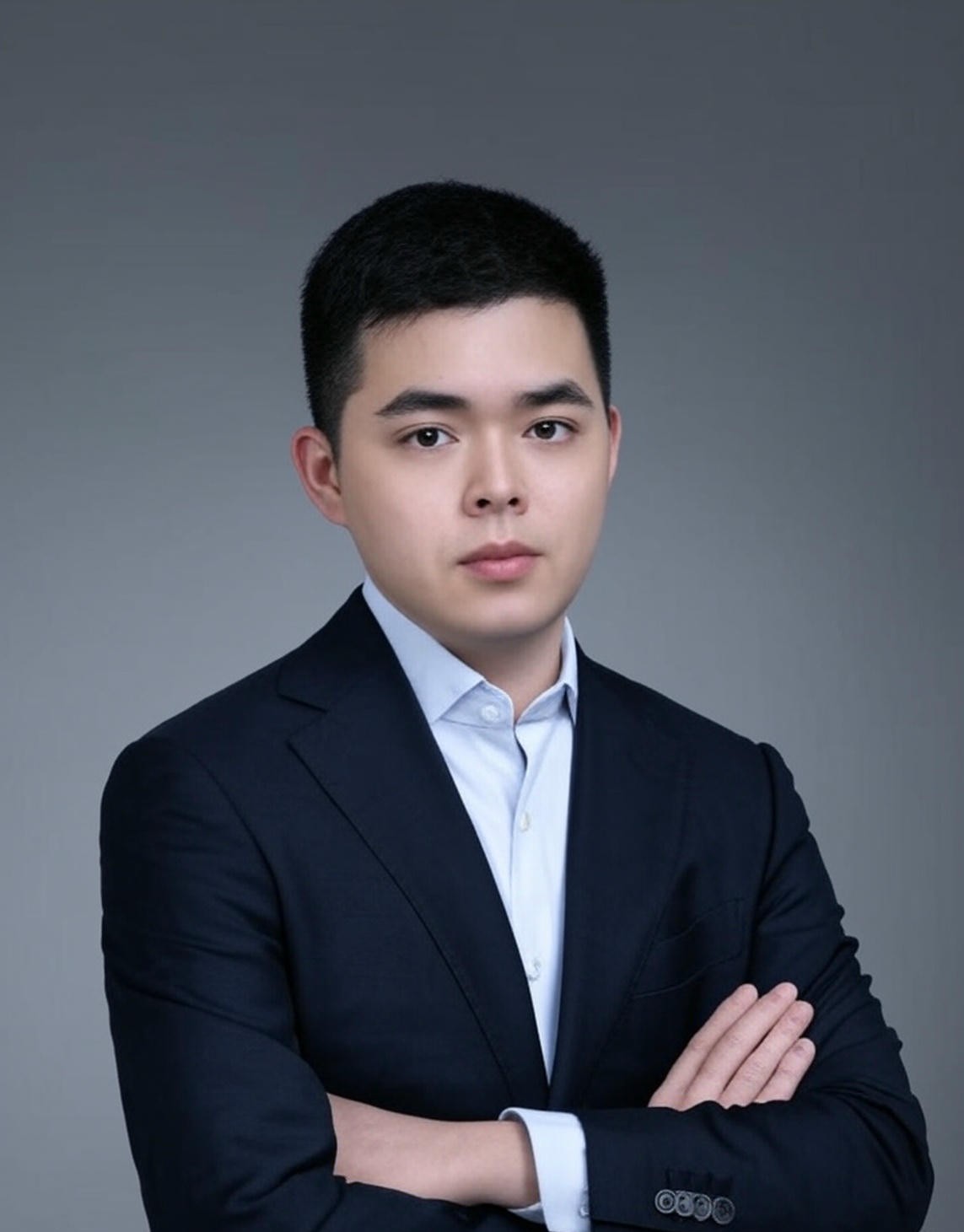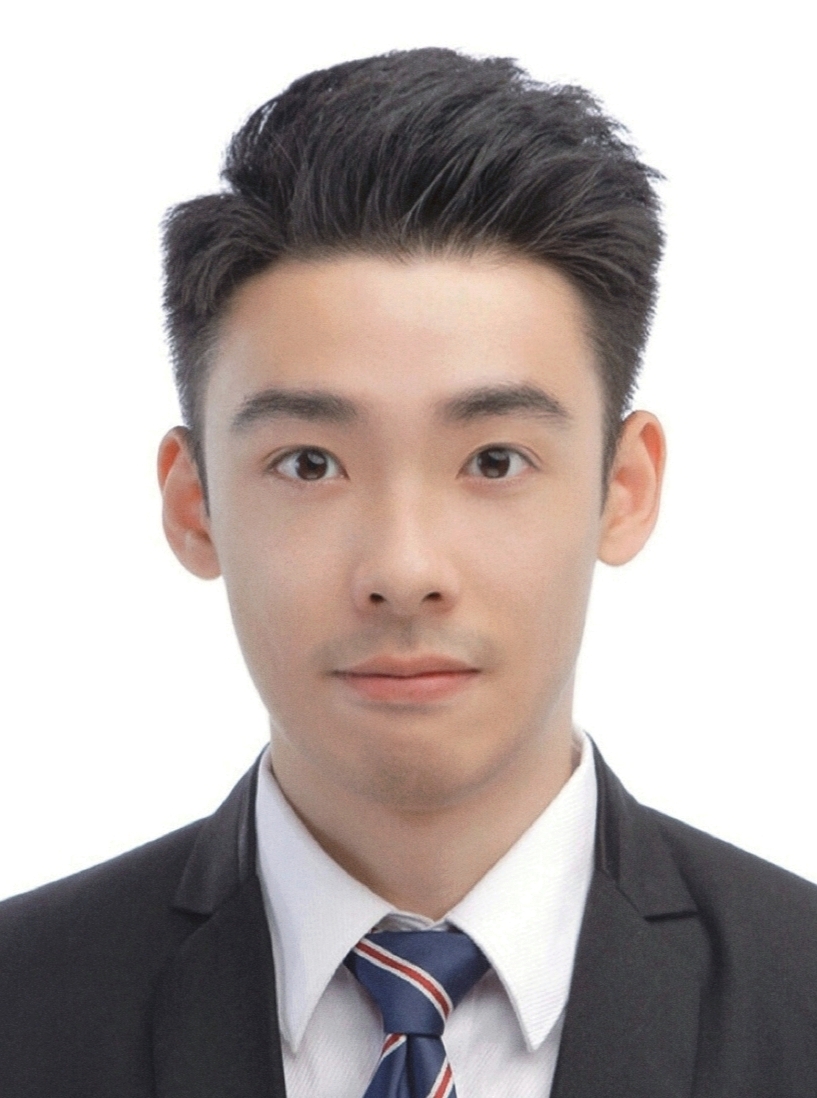The skills you learn during an economics master’s are in demand across industries including finance, consulting, tech, and government. The high-level degree covers a range of practical courses from data analysis to decision-making, understanding markets and policy, as well as teaching quantitative skills and programming.
BusinessBecause spoke to two students who graduated with their Master of Economics (MEcon) in 2019 about their program, and how the skills they learned helped them to secure positions at financial institutions.
Why Hong Kong is a good choice for business master’s students
Andy Chen, from Shanghai, was working in real estate when he decided to enroll onto his Master of Economics at Hong Kong University (HKU) as a way of transitioning to a new industry.
Andy chose Hong Kong because it is a leading financial hub, and HKU because he saw it as the most valued and recognized university in the region. “There are more career opportunities in Hong Kong, more exposure to global markets and investors,” he says. “And the culture here is also unique.”
Lin Xi, from Fujian, came to his degree already armed with a firm understanding of finance thanks to an earlier bachelor’s degree in the subject, and chose HKU in order to deepen his understanding of economic theory and its practical applications, as well as career development opportunities. “The program’s great reputation, location in HK's financial center, and strong networking aligned perfectly with my career goals,” he says. 
HKU’s Programme Director of Master of Economics, Professor Heng Chen (right) says that the Master of Economics program aims to introduce students to frontier developments in economics and arm them with state of the art analytic tools. “Students gain knowledge of data analysis as well as institutional knowledge about China and global markets.”
How a Master of Economics increases understanding of the financial world
Andy says the master’s was the best fit for his ambition to move into the finance industry in Greater China as it gave him the opportunity to enhance his capabilities in areas such as analyzing economic growth and policies, interest rates, financial markets, and business cycles. “It helped me get a bigger picture,” he says. 
Xi (right) says that the program aligned with his ambition to transition into a professional role where he was able to face real-world financial and business challenges head on. “I hoped to master econometric techniques, understand macroeconomic trends, and develop decision-making skills,” he adds.
A Master of Economics curriculum blends theoretical knowledge with practical skills that can be applied to a variety of real-world settings including finance, consulting, and government, as well as data-driven industries.
“The master’s allows students to think of complex issues in economic terms,” adds Professor Chen.
Xi says the program did indeed equip him with the ability to interpret complex economic data. “It also sharpened my critical thinking and problem-solving skills, especially in economic policy and financial contexts, because many of our professionals or lecturers had in-depth industry experience, and the case [we studied] in class was also closely related to the market trends.”

@HKU
Why a MEcon prepares students for professional roles
During their program HKU’s MEcon students have the opportunity to conduct studies on economics from Hong Kong’s Unique perspective.
Andy (right) says the degree allowed him to build a solid foundation in economic theory and agrees that it helped him to develop deeper and more practical insight into the Chinese economy. 
HKU’s MEcon has a comprehensive curriculum with multiple learning streams to help students connect economic theory with real-world business.
To take full advantage of the program, Andy enrolled in many subjects, including applied financial econometrics, international trade and FDI [foreign direct investment]. “I gained many deep and practical insights from HKU professors and from entrepreneurs and local financial practitioners who came to talk to us,” he notes. He says he also participated in networking events, making friends and contacts. “I met a lot of professionals who helped me learn about how to start a new career in the world of finance," he says.
Andy continues, “The program’s focus on economic analysis along with practical insights into the Chinese economy and the financial markets in Hong Kong really helped me equip myself with knowledge and skills, not only during the interview process and doing the job, but also in building my personal investment portfolio.”
Andy went on to a role at Bank of China International (BOCI) in Hong Kong—as an associate director (sales, trading, and research)—and believes that his MEcon was instrumental in furthering his career. “The alumni network at HKU is very strong and allowed me to connect and collaborate with many professionals and business leaders,” he says.
After his degree, Xi secured a role as investment director at Hong Kong’s Orient Securities. He believes that HKU’s career service and the practical skills he gained, such as enhanced financial and economic knowledge, were key in helping him secure his position. “The career information, job opportunities and access to previous great alumni in the industry can all be accessed as an HKU Business member,” he adds.
Professor Chen says that students typically go on to work in finance and consulting or take roles in the public sector. Positions favoured by graduates include economic analyst, data scientist or quantitative analyst, management consultant, and financial risk analyst.


